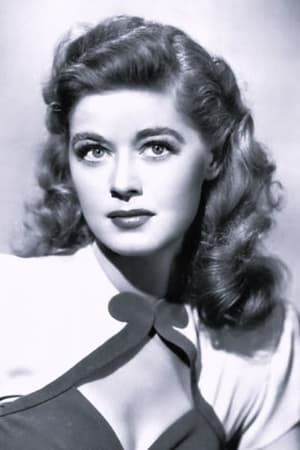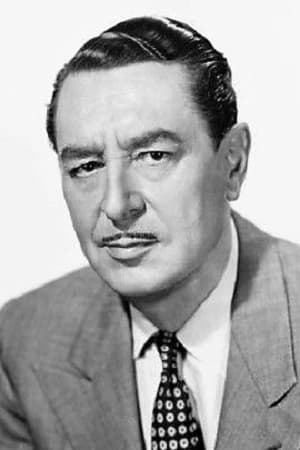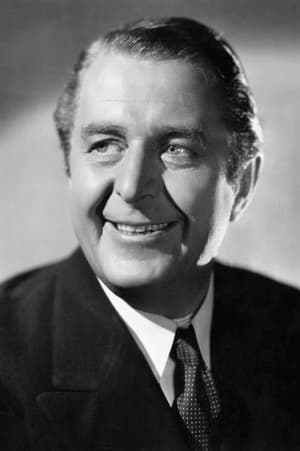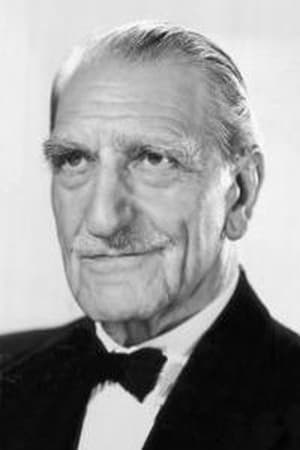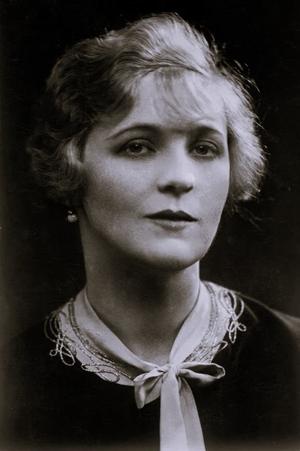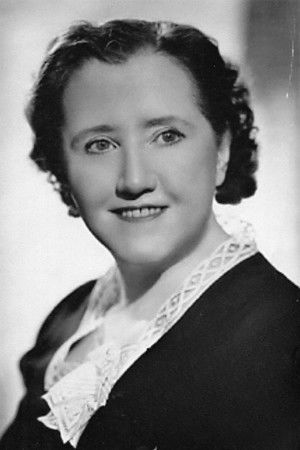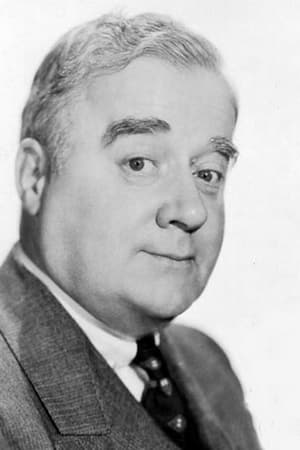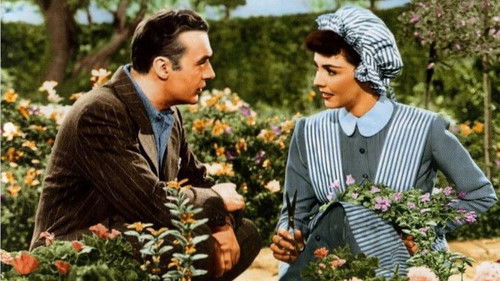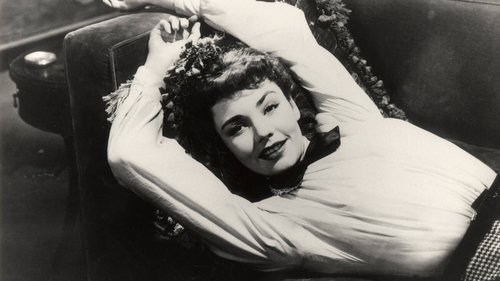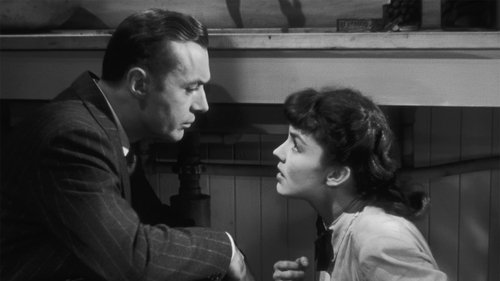
CinemaSerf
7
|
Dec 08, 2024
First things first. Judging by the state of his sink at the start of this film, it's hardly surprising that he needed a plumber! Perhaps a dredger might have been handy too? Anyway, with some honourable-types due to arrive for a drinks party, it's imperative that "Hilary" (Reginald Gardiner) gets a plumber. The doorbell goes and he assumes that "Belinski" (Charles Boyer) is the very man. Though he sympathises, he declares himself unqualified for the task. Another buzz at the door reveals the eponymous handy-woman. A wrench, an hammer and some brute force and they are soon having a celebratory snifter. Her uncle (the real plumber) arrives and is shocked to find her disorientated and decides that she is to be sent to the country for a respectable job as a lady's maid. Unbeknown to her, she travels to the home of "Sir Henry" (Reginald Owen) and "Lady Alice" (Margaret Bannerman) to find that the self-same "Belinski" - a writer fleeing Nazi oppression in Czechoslovakia - is also a visitor as a guest of their rather gullible son "Andrew" (Peter Lawford). "Cluny" is a bright as a button and doesn't readily conform to the yes sir, no ma'am environment, so her more astute fellow visitor tries to intercede and by doing so calls into question quite few of the traditional attitudes and deferences whilst falling hook, line and sinker for the young woman. She has no shortage of suitors - step up Richard Haydn as the pompous "Wilson"; though neither, for that matter, does he - but can they both realise in time before his train back to London departs? Boyer and Jones are both on amiable form here delivering a poignant script that manages to mould their mishaps and misunderstandings into something that has a point to make about the class system but chooses to make it subtly. Owen is also quite effective on that score too, and Cyril Mockridge's jolly scoring complements well the generally enjoyable and classy style of production.




